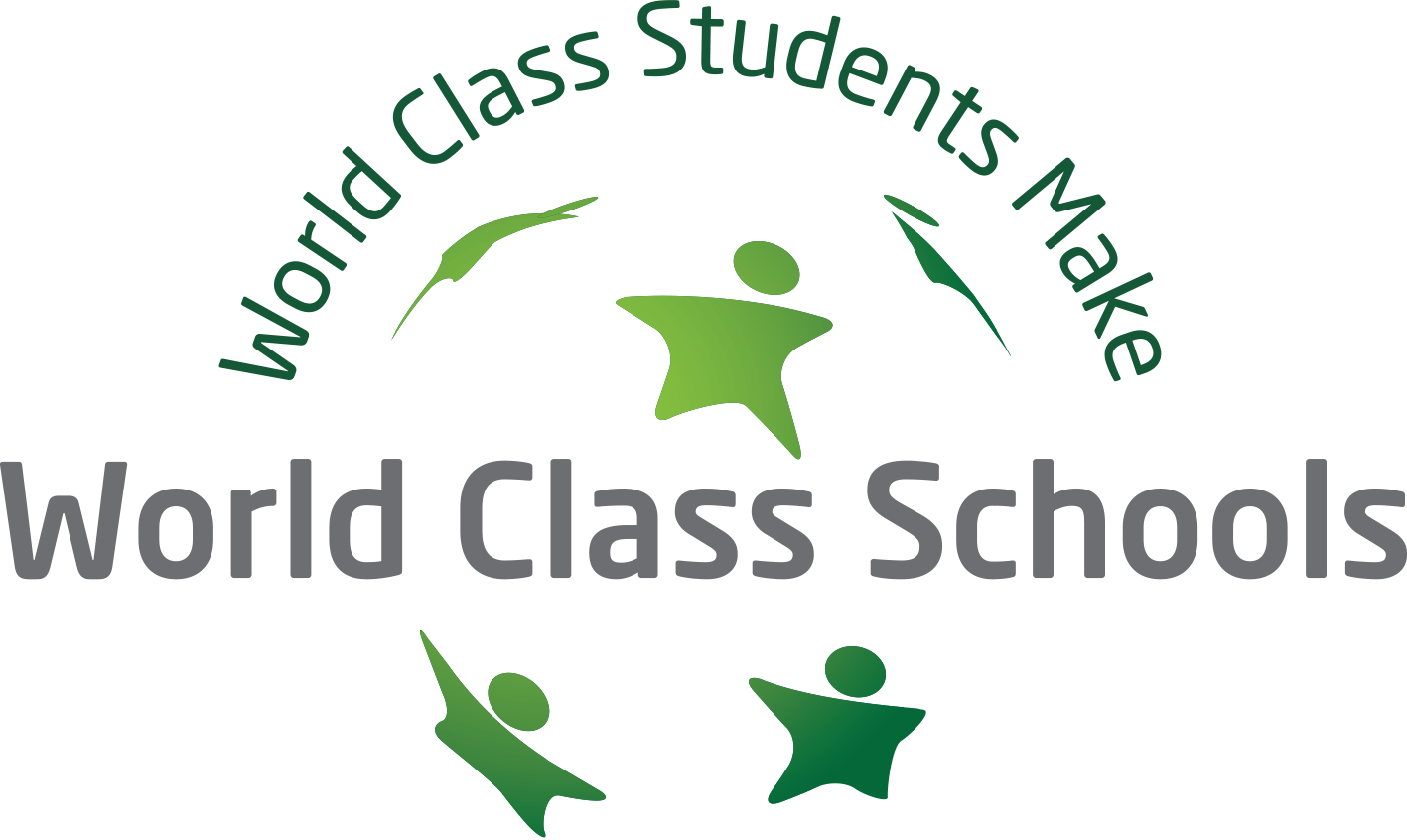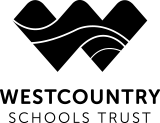Music
Why do we teach Music?
To think of the importance of music, just imagine a world without it. It is our intent to instil a love and understanding for music through knowledge of the elements of music, which then supports learners to focus on the practical and creative applications through performance and composition. Music activates, stimulates and uses the entire brain; it is the art of thinking with sounds. It is a science; it is mathematical; it is a language; it has history; it is physical; music is art.
Music is taught not because everyone has to excel in it, not because everyone has to play or sing but so that it can help you connect to your feelings and to help recognise beauty. We want all young people to feel safe, to feel valued, to have confidence and pride in their abilities; our music curriculum gives every individual an opportunity to shine and contribute positively to our school and the community. Music can help you have more love, more compassion, more gentleness; in short more life. Music is what feelings sound like, and it helps you escape the reality you live in.
At Heles, we have a belief that music is for everyone, regardless of background or prior musical experiences. We strive to make music relevant to students, and facilitate genuine musical experiences through practical, hand-on music making.
We believe that music is best experienced, and therefore all our lessons focus on students making music, not being told about it. In any lesson, students might play a variety of different instruments, challenge themselves by trying different roles in a performance, teach their friends, record a performance or give their peers guidance.
The benefits of music within education are huge. Being a musician shows universities and employers that you can work in groups, solve problems, listen and be creative. There is extensive research outlining links between learning a musical instrument and attainment across the whole school. Most importantly, music making is fun - if offers the chance to make friends and be part of groups of musicians and gives you the opportunity to be creative.
Our aim is to:
- Make music a relevant and engaging subject for every student, regardless of prior musical experience
- Provide a wide range of musical experiences for all students
- Offer a wide range of extra-curricular musical opportunities, including different genres and ability points
- Recognise students’ musical interests and respect, and respond to these in the classroom
Department Facilities
We have two main music rooms with a range of instruments including acoustic drum kits, a variety of guitar and bass amps, many guitars, basses and keyboards. We have 4 practice rooms to allow instant rehearsal for budding musicians and for instrumental tuition.
Key Stage 3
KS3 includes everything from African Music to Rock, from Dance music to Beethoven, and students learn individually, in pairs, in bands.
Course Content
Our Schemes of Work are constantly evolving in line with our student’s musical interests – this year we are looking at everything from Guitars to Beethoven, Blues to Indian Music. We have a belief that music is a collaborative activity, and our students get to work in everything from pairs, up to whole group performances. All students can use a wide variety of instruments, and musical experiences in our lessons – performing in a range of contexts, composing different styles, improvising as part of an ensemble, listening to a range of music and understanding it.
Students work practically and present their work through audio and video recordings as we believe that Music should be performed and experienced.
Marking & Assessment
Assessment in Music is student focussed, and student led. Marking is completed in line with clear assessment criteria for each topic – allowing students to see what level they are working at, and most importantly how to improve. Assessment is recorded in students’ progress trackers allowing them to monitor progress over the course of topics, and the year.
How you can assist your child
- Encourage them to listen to Music (Services like Spotify, Apple Music & Google Music are brilliant to allow students to listen to a range of music).
- Encourage them to rehearse – there are loads of opportunities to do this at lunch and after school within the department.
- Get them to experiment with Music Technology (there are so many free, or very cheap apps allowing students to make music now on tablets and PCs – Audiotool, Audiosauna, Garageband, Soundation etc.)
- Speak to the Music department if your child wants to learn an instrument
- Encourage your child to get involved with Music outside of lessons in the many extra-curricular activities on offer.
Key Stage 4
At Key Stage 4 we run the OCR GCSE Music Course. This GCSE is ideal for students who enjoy listening to music, performing music and creating their own music. Students do not need to be having instrumental lessons to take GCSE Music, but they do need to be dedicated to improving their performance skills on their chosen instrument/voice.
The Aims of KS 4
- To promote student’s musicianship through active listening and collaborative music-making.
- To develop performance skills on their chosen instrument(S) or voice, both as a soloist and as part of their own ensembles.
- To develop creativity through practical music-making and composing.
- To explore musical software to create and record their own music.
- To inspire students to explore a wide variety of musical genres.
Course Content
This is a practical course where students will explore and develop an understanding of music through rehearsing, performing, creating, composing, listening and recording. Students will develop their performance skills on their choice of instruments and will work collaboratively with others on many different projects.
Students will develop their own compositional style through listening and studying the music that they like to listen to as well as being encouraged to explore a wider variety of musical styles. They will also become familiar with a range of different notational and recording musical software allowing them to take full ownership of the creation, performance, recording and editing of their own music.
Marking & Assessment
|
Integrated Tasks |
1 Performance |
30% |
|
Practical Portfolio |
1 Performance |
30% |
|
Listening Test |
1 1/2 Hour Exam |
40% |
How you can assist your child
- Encourage them to listen to a wide variety of Music (Services like Spotify, Apple Music & Google Music are brilliant to allow students to listen to a range of music).
- Encourage them to rehearse – there are loads of opportunities to do this at lunch and after school within the department.
- Speak to the Music department if your child wants to learn an instrument
- Encourage your child to get involved with Music outside of lessons in the many extra-curricular activities on offer.
- Encourage them to use GCSE revision and theory websites such as BBC GCSE bitesize and www.musictheory.net
- Encourage them to experiment with Music Technology (there are so many free, or very cheap apps allowing students to make music now on tablets and PCs – Audiotool, Audiosauna, Garageband, Soundation etc.)
Key Stage 5
At KS5 we offer A Level Music - allowing students to focus on the music they are inspired by, and learn performance, compositional and technical skills that will best prepare them for the next stage of their development as a musician.
A Level course
We are following the OCR specification for A2 Level music.
|
LEVEL |
UNIT TITLE |
DURATION |
WIEGHTING |
|
A Level |
Performing A |
6 minutes |
A 25% B 35% |
|
Performing B |
10 minutes |
||
|
Composing A |
8 minutes |
A 35% B 25% |
|
|
Composing B |
4 minutes |
||
|
Listening and Appraising |
2 ½ hour |
40% |
PERFORMING A or B
Candidates are to perform either a recital of music lasting 6 minutes (Performing A) or 10 minutes (Performing B)
COMPOSING A or B
Candidates must compose either two pieces lasting 8 minutes (Composing A) or two compositions and three short technical exercises (Composing B)
Listening and Appraising
A 2 ½ hour exam where the candidates must study 4 areas:
- Instrumental music of Haydn, Mozart and Beethoven
- Popular song: Blues, Jazz, Swing and Big Band
- Developments in instrumental jazz 1910 to the present day
- Programme music 1820-1910
This course is suitable for anyone obtaining a B grade or above in GCSE Music but is also open to other pupils who have a very good standard of performing (about grade 5 and above). Anyone who enjoys music and wishes to explore it more should gain a lot through studying this course.
How you can assist your child
There is an expectation that students who undertake the A Level Music course will fully immerse themselves in the music making process. Primarily, this consists of listening to and appreciating a range of different musical styles and artists. However, we would also encourage students to be going to watch gigs and live performances or be actively watching to and listening a variety of music using platforms such as YouTube.
You can actively encourage your son/daughter by discussing music with them and supporting them in their development as musicians in any way you can.
Additionally, it can be of real benefit for students to have instrumental/vocal tuition to support them in their development as musicians. The school has a range of peripatetic staff who can really help students grow as musicians and help them to progress alongside the music performance work that the course consists of.
Extra Curricular Activities
The department runs a range of extra-curricular activities which currently include
Concert Band
String Group
Choir
Junior Band
Steel Pans
As well a range of smaller ensembles for woodwind and brass
Every year the department also puts on a musical with the drama department.



